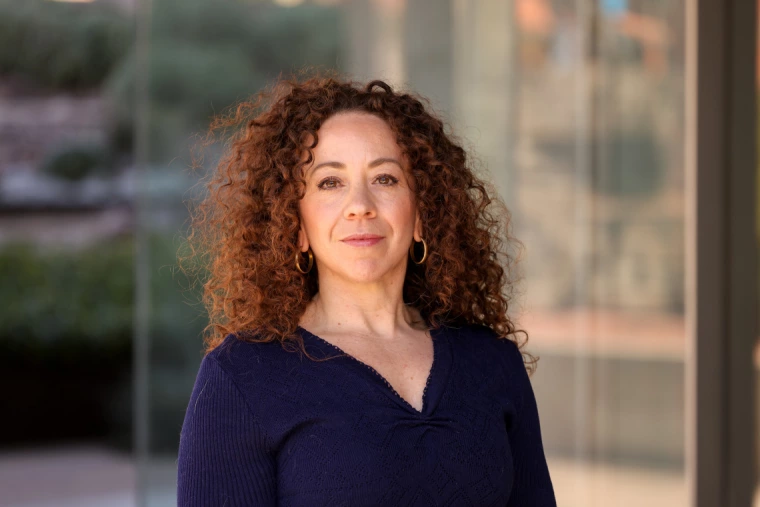Dr. Mónica Ramírez-Andreotta

Dr. Mónica Ramírez-Andreotta is an associate professor of Environmental Science with a joint appointment in the Mel and Enid Zuckerman College of Public Health at the University of Arizona. Using an environmental justice (EJ) framework, Dr. Ramírez-Andreotta’s research program focuses on five primary areas of Environmental Health: (1) Participatory approaches to science to increase environmental health literacy and achieve justice, (2) Environmental monitoring - Developing a fundamental understanding of the fate and transport of contaminants in plant-soil and plant-atmospheric systems, (3) Exposure science - Conducting culturally appropriate risk assessments, (4) Science and risk communication - Creating innovative tools and data sharing practices, and (5) Data science and management – Ensuring integration, interoperability, and visualization of community vulnerability and resiliency/resistance data.
Dr. Ramírez-Andreotta was born and raised in Tucson, AZ, home to the Tohono O'odham and Yaqui and within 100 km of the U.S. – MX border line; a symbolic boundary reminding us of the 1983 La Paz Agreement to protect, conserve, and improve the environment of the border region. “Bearing witness” to social and environmental degradation and resiliency completely changed the way she saw and experienced “health”. Health no longer became synonymous with biomedical services; it was about the interconnectedness among ecosystem services and human health and well-being.
Now, she is an environmental health scientist inspired by the possibility that through partnerships with EJ communities, she may be able to elicit structurally change. To do this, she integrates pollution and exposure science, sociology, art, and environmental/health communication. Currently, she serves as a cultural knowledge broker in participatory research and develops and implements programs with community health workers and communities in the areas of pollution prevention, climate change, environmental sustainability and resiliency/resistance, and monitoring. She builds trust across cultures and translate data into forms that are adaptable and useful for community members as well as other stakeholders in efforts to shift the balance of power. Within the context of environmental public health and using participatory research methods, she is developing low-cost monitoring tools and phytotechnologies, designing effective data sharing strategies, and integrating CS environmental monitoring data with other data sets to enhance discoverability and reuse of data for research translation. For further details, check out:
Science for All - https://youtu.be/2e-j9nVhaW8
2023 TEDx UArizona talk: "Community-based Science for Justice and Action" - https://youtu.be/TVNHqE20Ro4
Degrees
- PhD Soil, Water and Environmental Science (University of Arizona)

